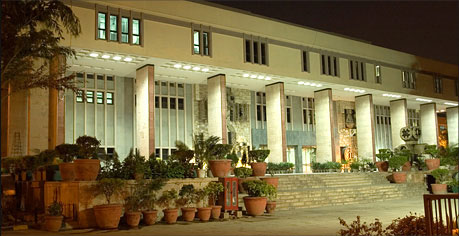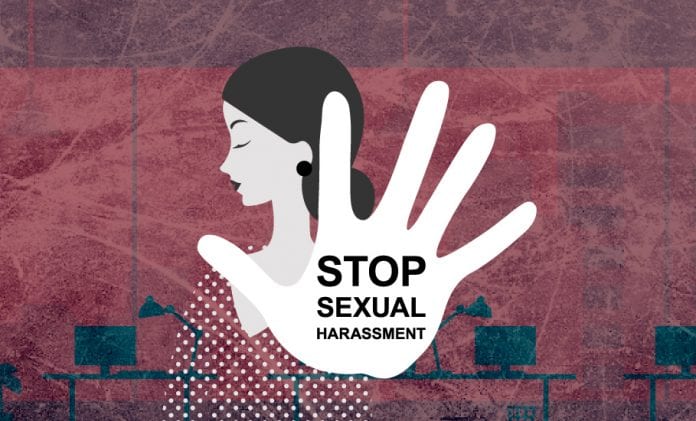Recently, the Delhi High Court held that the Sexual Harassment of Women at Workplace (Prevention, Prohibition, and Redressal) Act, 2013 (PoSH Act) is valid and enforceable even when the complainant and the harasser work in different departments. The Court stressed that restricting the application of the PoSH Act to only same-department situations would go against the core principles and purpose of the law.
Dr. Sohail Malik v. Union of India
In the case of Dr. Sohail Malik v. Union of India & Anr, a Division Bench comprising Justices C. Hari Shankar and Manoj Jain held that the PoSH Act does not restrict its application solely to instances where a woman employee is sexually harassed by a colleague from the same office.
The Court asserted that the provisions of the PoSH Act should not be constrained to a specific department as it would undermine the fundamental objectives and philosophy of the law. Acknowledging the progress made by women in attaining professional equality with men, the Court emphasized that the objectives of the PoSH Act should not be compromised. In this era of advancing gender parity, upholding the principles of the Act becomes imperative.

The order stated that equality between genders is a constitutional imperative, demanding a safe and secure working environment for women. Even the apprehension of compromised safety in the workplace is deemed unacceptable according to the constitutional ethos. The Court firmly rejected any interpretation of the PoSH Act that diminishes its objectives or impedes their complete realization. It emphasized that such interpretations must be firmly avoided.
How it began
The Court’s observations were made in response to a plea filed by Dr. Sohail Malik, an Indian Revenue Service (IRS) officer who challenged a meeting notice issued by the Internal Complaints Committee (ICC). The notice was issued following a complaint of sexual harassment made by an Indian Administrative Service (IAS) officer against Dr. Malik.

Initially, the notice was contested before the Central Administrative Tribunal (CAT), which dismissed Dr. Malik’s plea. He argued that since he and the complainant worked in separate departments, the ICC of one department should not conduct an inquiry against an officer from another department under the PoSH Act.
Dr. Malik’s counsel contended that Section 13 of the PoSH Act requires the ICC to forward its decision to the employer, who is responsible for taking action. As the employer referred to in the provision is the head of the office where the complainant works, it was argued that Section 13 becomes inoperative since the employer has no disciplinary control over Dr. Malik.
The ruling
After considering the case, the Bench rejected Dr. Malik’s argument and held that Section 11(1) of the PoSH Act does not limit its application to cases where the victim and perpetrator are employees of the same department.
The Court noted that Section 11(1) states that the ICC shall proceed with the inquiry “in accordance with the service rules applicable to the respondent,” which implies the Act accounts for situations where the respondent may be subject to different service rules than the complainant or the department in which the complainant works.

The Court further stated that for the provisions of the PoSH Act to be meaningful and applicable in cases where the alleged harasser belongs to a different department, the definition of “employer” in Section 2(g)(i) of the Act must be interpreted to include the employer of the department where the alleged harasser works.
Consequently, under Section 13(1), if the employer responsible for taking action based on the ICC’s findings is the head of a department different from that of the complainant, there is no legal obstacle preventing the ICC’s findings from being forwarded to that employer, who holds disciplinary control over the alleged harasser, for appropriate action. Ultimately, the Court declined to quash the ICC notice and upheld the decision of the CAT.













